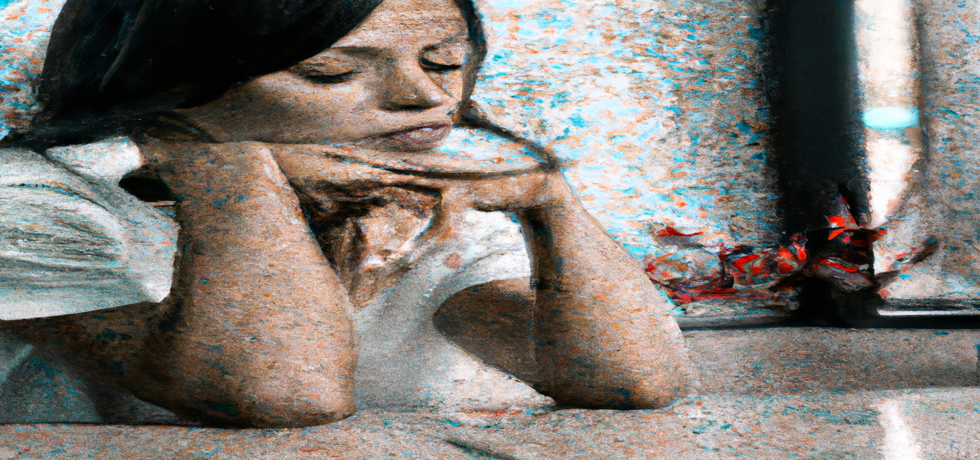
Mastering Management of Dyshidrotic Eczema
Understanding Dyshidrotic Eczema
Dyshidrotic eczema is a frustrating skin condition characterized by dry, itchy hands, and small fluid-filled blisters. It’s important to identify and understand this condition, as it affects 5% to 20% of those with hand eczema. In many cases, it presents with itchy, tapioca-like bumps on the palms and soles of the feet, which can be incredibly uncomfortable. The journey to mastering management of dyshidrotic eczema begins with knowing its signs and symptoms and discovering effective treatment approaches.
A Closer Look at Symptoms
Symptoms of dyshidrotic eczema can appear suddenly and often affect both sides of the body. Common signs include the onset of small fluid-filled vesicles, intense itching, and skin discoloration post-blister. Over time, the affected areas may become red, thickened, and cracked, leading to the possibility of skin infections. Recognizing these symptoms early can significantly enhance your management of dyshidrotic eczema.
Identifying Triggers
Understanding triggers plays a crucial role in the effective management of dyshidrotic eczema. Wearing gloves can help when exposed to irritants like metals, chemicals, and excessive moisture. Factors like emotional stress, exposure to ultraviolet light, and warm weather can also lead to flare-ups. Identifying and avoiding these triggers can empower you to manage your skin condition better.
Treatment Options for Dyshidrotic Eczema
There’s a variety of treatment options available to those suffering from dyshidrotic eczema. Topical corticosteroids are often prescribed, alongside other medications like topical calcineurin inhibitors to minimize inflammation. Additionally, your dermatologist may recommend oral medications in severe cases. Choosing the right treatment can improve your skin’s condition and support long-term health. Adopting a consistent eczema treatment routine is key in maintaining healthy skin and preventing flare-ups.
Practical Tips for Everyday Management
To truly master the management of dyshidrotic eczema, incorporating good skin habit practices is critical. Keeping your skin clean, dry, and moisturized is essential. Regularly applying emollients can help maintain hydration. When washing hands, opt for non-fragranced, non-soap cleansers, and ensure thorough drying to prevent irritation. Understanding proper handwashing techniques will also make a difference in your skin’s health.
Home Remedies for Soothing Symptoms
Sometimes, professional treatment alone isnt enough. Home remedies can also offer additional relief. Consider using natural products like virgin coconut oil or colloidal oatmeal to soothe your skin. A popular method includes applying Vaseline and covering it with cotton gloves overnight. These remedies can effectively alleviate discomfort and enhance dryness management.
Conclusion: Taking Control
Managing dyshidrotic eczema requires a multi-faceted approach that combines professional advice, effective treatment options, and lifestyle changes. By following these actionable strategies, you can improve your skin health and reduce flare-ups. Don’t hesitate to consult a specialist if your symptoms worsen despite preventive measures, as they can guide you on your journey to mastering the management of dyshidrotic eczema.
FAQ
1. Can dyshidrotic eczema heal on its own?
Yes, many cases of dyshidrotic eczema improve over time without intensive treatment. However, management strategies can expedite relief and prevent reoccurrence.
2. Should I avoid triggers if I experience symptoms?
Identifying and avoiding triggers is crucial to prevent flare-ups. Implementing protective measures, such as wearing gloves, can help protect your skin.
3. Is it possible to cure dyshidrotic eczema completely?
While there isn’t a definitive cure, effective management strategies can help control symptoms and reduce the frequency of flare-ups.
For professional assistance and expert advice from leading dermatologists like Dr. Hital Patel, experience the benefits of mastering management of dyshidrotic eczema with Hair & Skin Specialist Dr. Hital Patel at The Skin Artistry. Our clinics in PDPU Gandhinagar, Vastrapur Ahmedabad and Hyderabad (Visiting Consultant) offer top-quality care and personalized treatments. Visit us today to learn more about our services and take advantage of our special offers! For more insights, updates, or to collaborate, stay connected with The Skin Artistry.

